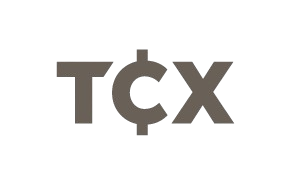India’s trade secretary reports positive progress in trade talks with the US, aiming for a positive outcome by fall 2025. India has been making concessions, including lowering levies on American goods, and is also pursuing free trade agreements with the EU and UK. India is considering imposing a safeguard duty on steel to protect its domestic industry and plans to conclude trade deals with the EU and UK in the near future.
